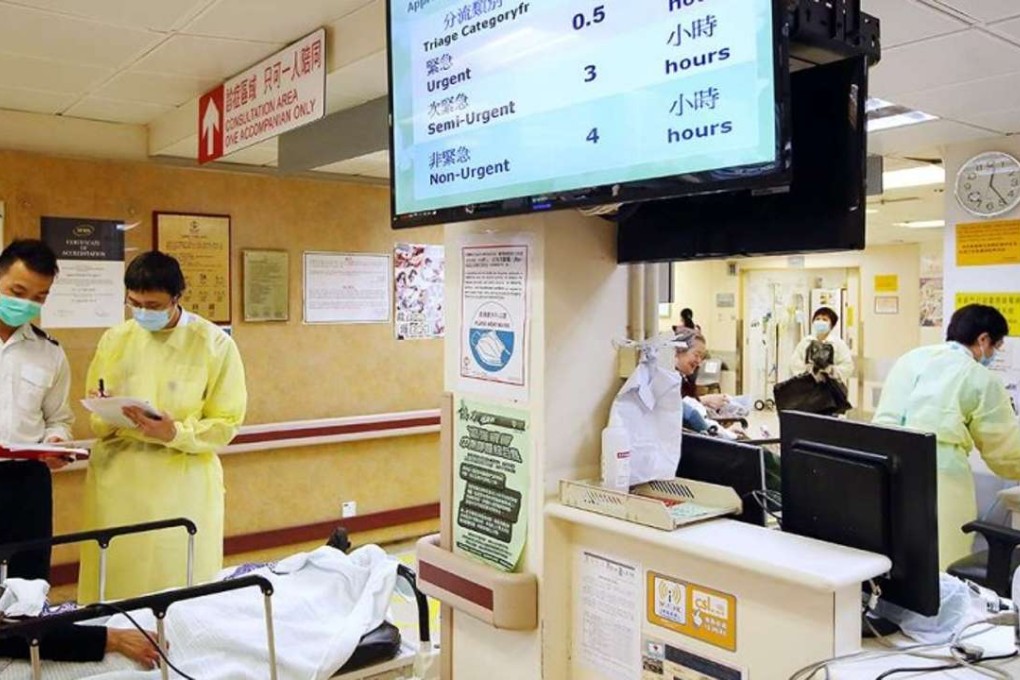ICAC issues health care sector guidelines to prevent corruption in public-private partnership
Rules will define offences such as service providers accepting rebates for patient referral, or patients bribing providers to jump queue

Closer partnership between public and private health care service providers has prompted Hong Kong’s graft-buster to issue guidelines in a bid to prevent corruption among stakeholders.
The Independent Commission Against Corruption issued tailor-made corruption prevention guidelines for the city’s health care sector Friday.
Professor Cindy Lam Lo-kuen, a member of ICAC’s corruption prevention advisory committee, said a code of conduct was listed in a booklet issued as part of the move.
Also included are possible corruption risks faced by patients and agents in the public and private health care sectors.
“Agents and service providers should not offer any advantage to lure patients to choose their medical packages,” Lam said.